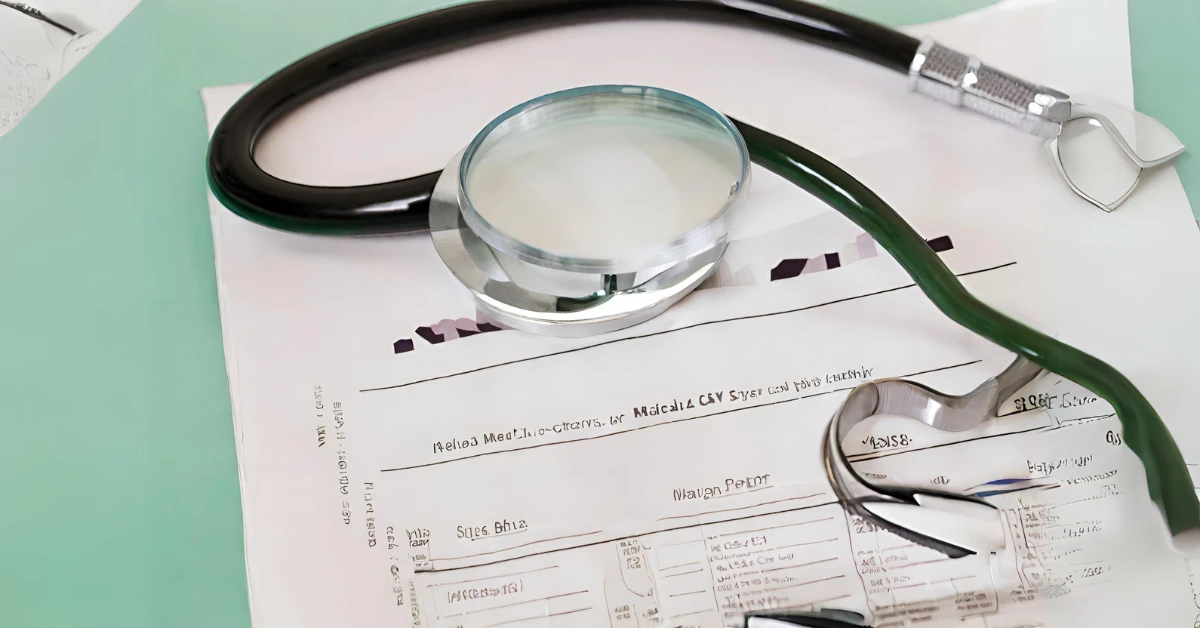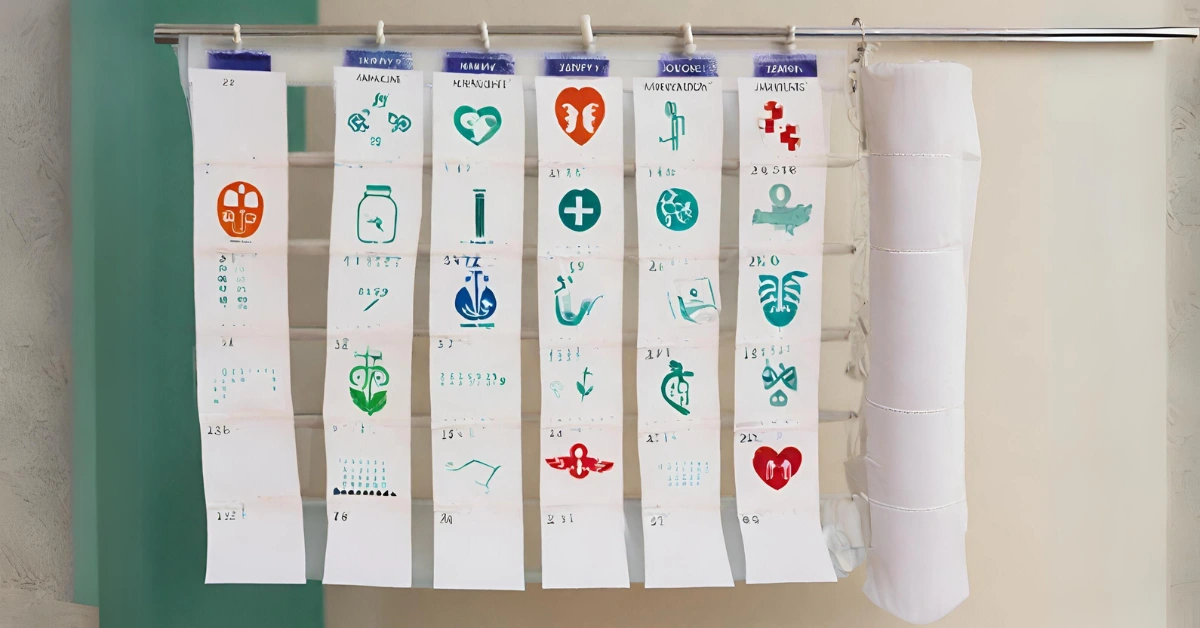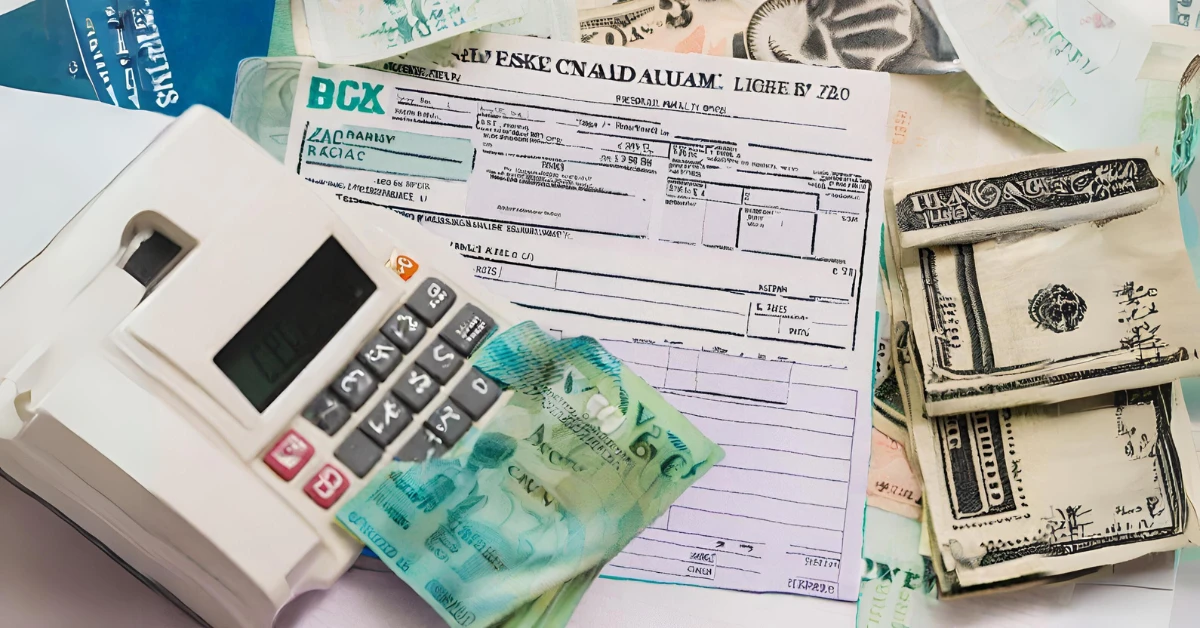The Vital Role of Medical Records in Personal Injury Claims

When pursuing a personal injury claim, every piece of evidence matters. One of the most crucial elements in such cases is your medical records. Let’s delve into the pivotal role they play in strengthening your claim.

Medical Records: The Undeniable Evidence of Injury
Medical records serve as undeniable evidence of any injuries sustained. Imagine this: You’ve been in an accident. Pain surges through your body. Your first thought? Seek medical attention. As you rush to the nearest clinic or hospital, the doctors and nurses spring into action. They ask questions, conduct tests, and perhaps even prescribe medications.
Every interaction, every diagnosis, every treatment gets recorded meticulously. These documents, known as medical records, become the backbone of any personal injury claim. Why? Because they show, in clear detail, what happened to you.
For instance, you might recall a sharp pain in your back. Your medical records will note it down, along with the possible reasons and prescribed treatments. If you had to undergo an X-ray or MRI, those results would be in there too. From minor aches to significant traumas, everything gets documented.
Such detailed records offer more than just a summary of your health. They stand as solid proof in court. When you claim you’ve been hurt, your opponent might question the severity or even the existence of your injuries. But when you present your medical records, they speak volumes. They say, “This happened, and here’s the proof.”
Furthermore, these records are impartial. They aren’t influenced by emotions or biases. Doctors and healthcare professionals record information based on their observations and expertise. So, their validity is rarely, if ever, questioned.

Establishing a Timeline of Recovery
In the world of personal injury claims, understanding the timeline of recovery is more than just marking dates on a calendar. It’s about piecing together the story of your healing process, step by step. Let’s delve deeper into why this timeline is so essential.
The Start: Initial Injury Assessment
Right after an accident, you might rush to a hospital or a doctor. This first visit is crucial. Here, medical professionals assess the extent of your injuries. They may take X-rays, conduct tests, or prescribe initial treatments. This documentation sets the stage. It gives everyone a clear picture of where your recovery journey begins.
The Middle: Ongoing Treatments and Rehabilitation
As days turn into weeks, your medical journey may involve various treatments. Perhaps you need physiotherapy sessions, or maybe you’re visiting specialists for expert opinions. Every appointment, every treatment adds to your medical story. Each visit is a testament to your commitment to heal. And more importantly, these records highlight the prolonged impact of the injury on your daily life.
Moreover, rehabilitation isn’t just physical. Often, injuries can take a toll on mental well-being. Counseling sessions, therapies, or even simple follow-ups with your primary doctor about stress or anxiety become part of this timeline.
The Long-Term View: Monitoring Chronic Issues
Sometimes, injuries can lead to long-term health issues. Regular check-ups might become a norm. These visits, while they might seem routine, are essential markers. They show if an injury has left lingering effects that demand continuous medical attention.
Why Does This Timeline Matter?
In a personal injury claim, it’s not just about proving you were hurt. It’s about showing how long the injury affected you and how it disrupted your life. The timeline provides a clear, chronological account of this disruption. A simple fall might seem minor, but if it leads to months of physiotherapy, the injury’s impact is long-term.
An interesting note from the Clinical Psychology Review mentions that recovery isn’t always linear. There are ups and downs. Your medical timeline captures this reality, making it a powerful tool in your claim.

Determining the Financial Impact
It’s no secret that medical care is costly. After an accident, as the medical bills start to arrive, many individuals face not just physical pain but also financial strain. Let’s delve deeper into how medical records play a pivotal role in highlighting these monetary concerns.
Immediate Medical Expenses
Right after an accident, you might need emergency care. These immediate medical expenses are typically higher than regular doctor visits. Your medical records will list out all the initial treatments, tests, and procedures you underwent. Everything from ambulance charges to emergency room fees gets recorded. It’s this documentation that offers a clear insight into the immediate financial impact of the injury.
Ongoing Care Costs
Some injuries require long-term treatment. Physical therapy, follow-up appointments, and even counseling can be necessary. These continuous expenses can add up over weeks, months, or even years. Your medical records provide a comprehensive view of these ongoing costs, emphasizing the prolonged financial strain you might be experiencing.
Prescription Medications
Medications are often a significant part of recovery. Whether it’s pain relief or antibiotics, these drugs come with a price tag. RAND Corporation has noted that drug prices have been steadily rising. By presenting your medical records, which include prescribed medications, you can highlight these additional costs.
Future Medical Projections
Some accidents lead to injuries that will need care in the future. Perhaps another surgery is on the horizon, or maybe you’ll need medical devices like braces or wheelchairs. By consulting with medical professionals and utilizing your records, you can anticipate future expenses. This forward-looking approach ensures you seek adequate compensation for both present and future costs.
The Indirect Costs
Apart from the direct medical bills, there are hidden costs too. Maybe you had to travel for specialized treatment or had to hire help at home during recovery. These indirect costs, while not always obvious, are real and can strain your finances. A detailed examination of your medical records can uncover these often-overlooked expenses.
In the realm of personal injury claims, your medical records are invaluable. They serve as a testament to your experiences, shedding light on the physical, emotional, and financial toll of an accident. Remember, while it’s essential to seek medical attention for your well-being, it’s equally vital for the success of your claim.
Seeking rightful compensation after an accident is a complex journey. But with the right evidence, especially your medical records, you fortify your position and pave the way for a favorable outcome.
Like this project
Posted Oct 18, 2023
Medical records play a pivotal role in personal injury claims, offering concrete evidence of injuries, establishing recovery timelines, and determining financi…
Likes
0
Views
2







